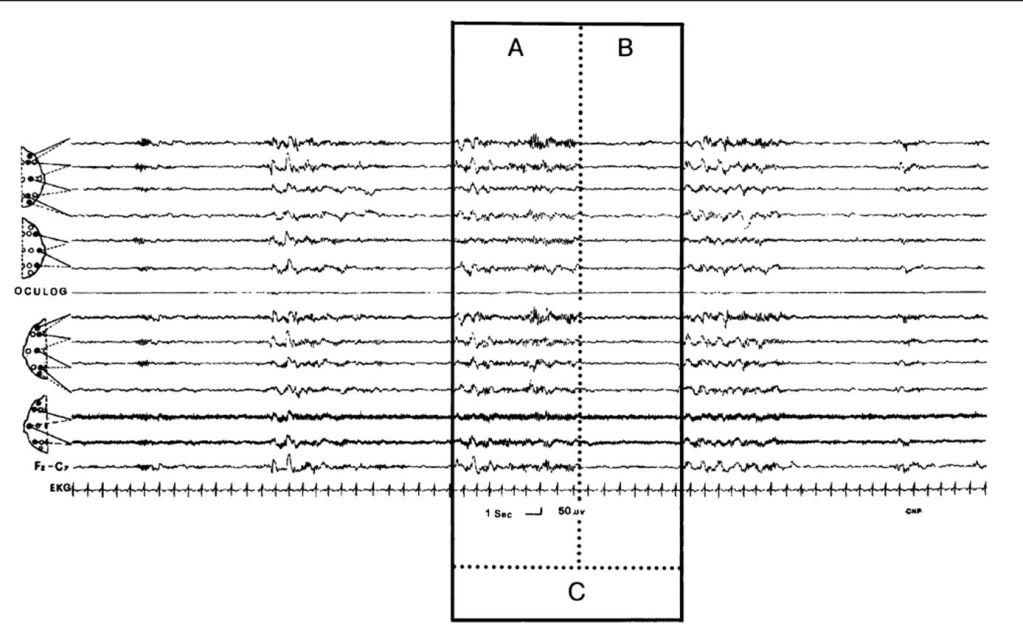IMO this article gives us laypersons a wonderful introduction to cyclic alternating pattern (CAP):robysue wrote:One question for both you and NotMuffy: What the heck is cyclic alternating pattern (CAP) in language a mere mathematician can understand?
http://protomagstage.ticsnetwork.com/as ... sing-sleep
However, these articles are not so layperson friendly:
Google Scholar search for RERA in conjunction with CAP:
http://scholar.google.com/scholar?hl=en ... =&as_vis=0
Google Scholar search for UARS in conjunction with CAP:
http://scholar.google.com/scholar?q=UAR ... a=N&tab=is
Google Scholar search for spontaneous arousals in conjunction with CAP:
http://scholar.google.com/scholar?hl=en ... =&as_vis=0
Google Scholar search for fibromyalgia in conjunction with CAP:
http://scholar.google.com/scholar?hl=en ... =&as_vis=0
Google Scholar search for periodic limb movement in conjunction with CAP:
http://scholar.google.com/scholar?hl=en ... =&as_vis=0
Google Scholar search for ADHD in conjunction with CAP:
http://scholar.google.com/scholar?hl=en ... =&as_vis=0
Google Scholar search for stable/unstable sleep in conjunction with CAP:
http://scholar.google.com/scholar?q=%22 ... i=scholart
The above searches suggest that cyclic alternating pattern (CAP) is a somewhat non-specific and perhaps under-explored marker of a variety of issues related to sleep/wake pathology. Excessive CAP during sleep tends to reflect astable and thus non-restorative sleep.











